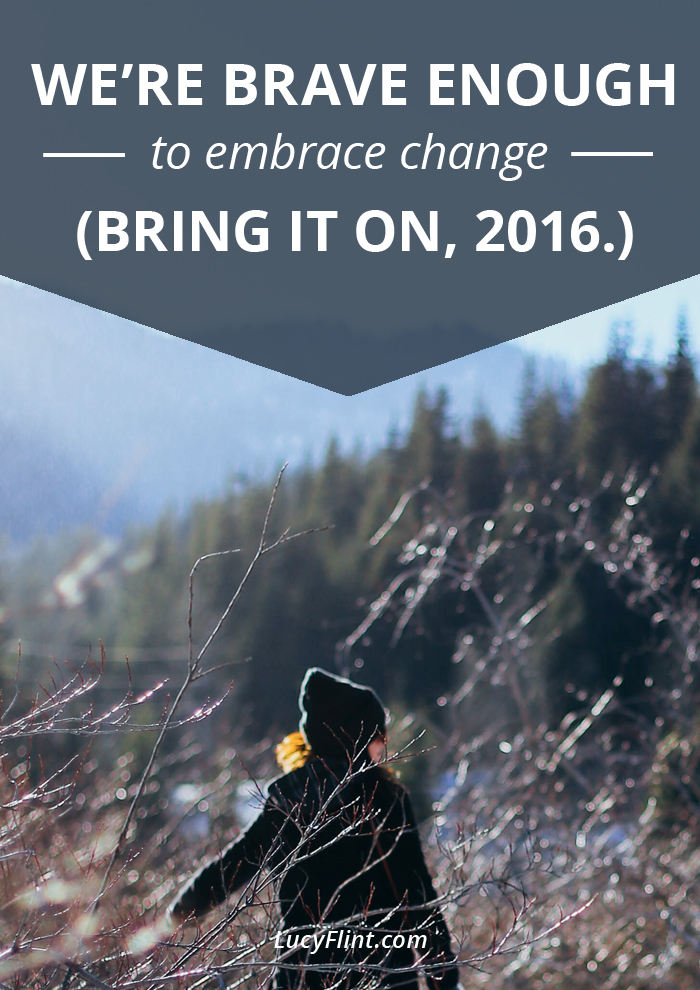Prepare Yourself for a Writing Life Shakeup! These Two Epic Resources Will Change How We Outline and How We Produce
/Welcome to AUGUST, my lovelies! This is my birth month, so I always see August as a time to take stock, get clear on priorities, and then start afresh in September.
There's a whiff of new beginnings in this humid, cicada-loud, late-summer air.
... Besides, we're just about to hit back-to-school season. Cheap notebooks, colored pencils, and all that school-supply smell in the stores? Makes me want to take on all kinds of new projects!
With eerily perfect timing, I came across two books in the last few weeks which have ... um ...
Oh gosh, how do I say this...
Massively rebooted my approach to novel-writing and production.
Nope. That doesn't quite say it.
I feel like I've been electrified, y'all. I am all charged up, frothing at the mouth, pounding my boots on the floor, and shrieking battle cries.
Yeah. That's about right.
... You know how it feels when you've been struggling to understand something, bruising your brain against it for a long time, and maybe-kinda-sorta giving up a little bit.
And then the perfect resource—with the right tone, the right insight, the right blend of information and rah-rah-rah—drops into your lap?
It doesn't happen to me all that often, but when it does, it's like my entire work-life has been baptized in caffeine and I am roaring to go.
That is exactly where I am at the start of this month. It's like my birthday came early, handed me flowers, and then kicked me in the bum and sent me hurtling into my next year.
It came in the form of two perfect-for-me resources. The first was Jim Heskett's The Juggling Author: How to Write Four Books a Year While Balancing Family, Friends, and a Full-Time Job.
(Go ahead and let the miracle of that subtitle sink in for a sec.)
And the second was Libbie Hawker's Take Off Your Pants!: Outline Your Books for Faster, Better Writing.
... And basically you can just stop here, go and read those two books, and have your own writing life revolution. I'll wait, no problem.
Because they're just SO GOOD.
The Juggling Author helped me see that publication and production is a skill set. It's a way of thinking, a way of operating.
And merely getting better at the craft of writing, while essential, is not at all the same thing as getting better at the craft of production.
This is really, really good news! Because I've been secretly frustrated with myself that production isn't just kinda happening all on its own.
(That feels oh-so dumb to type out, but I know that some of you know what I mean!)
There is so much to learn about writing novels and writing them well. And then there are all the mindset skills to learn so that you can keep on writing: how to deal with self-doubt, creative droughts, perfectionism, comparison, and creative stamina.
I've been focusing 99.9% of my time and energy and effort on dealing with all of that, and I feel like I've somehow trapped myself in a draft-after-draft neverland.
So I've spent that last 0.1% of time kicking myself for not also learning how to produce novels: how to complete them and polish them and send them out the door, again and again and again.
It's a different skill set! It isn't just going to magically happen, and it isn't going to feel like the obvious and inevitable outcome of novel-writing.
It has to be learned.
And wow, that comforts me so much. Because we can learn anything, you know? And I am definitely on board for learning and practicing Jim Heskett's approach to continuous novel production.
Or as he puts it, becoming a perpetual motion fiction machine.
(I had to keep taking breaks from reading his book, just so I could jump up and down, and run around saying "!!!!!!" to my family. It just sounds so doable.)
And then, with my head still spinning and hope still dancing, I picked up Libbie Hawker's book on outlining (because Heskett recommended it super highly).
I've learned a lot of good info about novel structure in the last few years, and I've also had a kind of meh relationship with outlining. So (she typed sheepishly) I didn't think that Hawker would teach me much. And I also didn't hold out much hope for a new outlining process, but hey, whatever, I'd give it a try.
A-ha-ha-ha-ha-ha.
Oh guys. If you haven't read Take Off Your Pants, you need to, stat. She has a way of figuring out a character's path through the story that was just magic for me.
See, I've spent my summer getting a grip on my middle-grade trilogy, while also overviewing the other writing projects I've dreamed up. Trying to get a sense for all these projects and where I should focus next.
And then Hawker's book strolled up and showed me how to get fresh traction on every single story that's been humming in my head. How to clarify the narratives, build the conflict, and infuse each story with a sense of purpose.
... If you've ever outlined your novel, drafted it, and then felt like it still didn't work somehow (which is exactly how I spent 2016, by the way), then this book might be the EXACT ANSWER you're looking for.
AND, if you've ever been frustrated about how to make your character's internal growth pair well with her external conflict, and you've been pulling out your hair over it, then this book is your (and your hair's) ideal solution.
I promise. SO GOOD. Gaaa! Okay, just go read it.
So now my mind is full of two huge gorgeous lessons:
1) How to outline beautifully and effectively, in a way that I can be certain, beyond a shadow of a doubt, will actually create a compelling story.
(Woo! I get all swoony just thinking that. *fans self* Ahem.)
2) Production is a skill, and one that I've paid zero actual attention to. But it's one I can absolutely learn, and I have a stellar guide to help me.
Taken together, these two resources point me toward one massive conclusion:
I am going to concentrate everything I have on rebuilding, reoutlining, rewriting, and then producing and publishing my middle-grade trilogy.
As my cousin once said, I'm not just going to put my nose to the grindstone—
I'm gonna put my everything to the grindstone.
Which means I'm about to become deeply obsessed with all things to do with the writing-and-producing process.
I'm going into lab mode. I feel like my office is turning into a workshop, an operating theater, a blacksmith's forge.
A place to test methods, try new things, move swiftly, learn on my feet, and—more than anything else—produce quality fiction.
In order to add as much fuel to that fire as I possibly can, I'm making a big change here on the blog:
I want to shift the focus of my posts away from the big lessons that I'm learning about the writing life; and instead, I want to zoom in, ultra-close, to the writing process itself.
To go from the truth about the writing life to the truth about the actual writing.
I'm gonna keep a production diary, y'all!
I don't know about you, but I am a total process nerd, and I LOVE seeing how other people think and work. I love knowing what goes on behind the scenes, and I find it enormously comforting to read about someone else's creative process.
Especially the trial-and-error side of solving creative problems. The mess of it.
Sometimes I'm inspired by their solutions. Sometimes I just find courage in knowing that I'm not the only one in way over her head!
And sometimes, just being around the description of someone else's work is enough to kickstart my own momentum and get me back to my desk.
So this is my offering to other process nerds: a totally authentic look at the unpolished, gritty side of drafting.
I want to talk through what's working, how it's working, and what isn't working. To share resources right as I'm discovering them, and then to show what I'm learning about this whole production side of things as I learn it.
Making messes and writing about them: that's where I'm headed.
Be prepared for lots of sawdust on the floor, weird spills and stains and smells, burnt and pinched fingers, bruises and battle stories. :) And high-fiving. Hopefully lots of high-fiving.
If you're not a process nerd: hey, no worries. I'm opening the production diary under a separate tab, so I won't clutter up this blog feed with all my drafting updates. (And if you wanna check out the production diary, just check out that new tab at the top of the site.)
So, in a nutshell: this means that as of today, I'm going to stop posting how to have a lionhearted writing life-esque posts on a regular schedule.
Instead, I'll frequently update that production diary—at least once a week, if not more often. Oh, and the posts will usually be short, instead of the monster-long articles that live over on this blog. ;)
When possible, I hope to come back to this space and share what I'm learning in the more coherent(ish) way that I usually do here—more of the big picture, heart/mind/courage discussions.
But until then, if you'd like any cheerleading, inspiration, or motivation, do check out the Archives: I've basically posted everything I know about the writing life so far, so believe me, you've already got access to my best!
... OH I'm excited about this, my friends! And I do hope that my fellow process nerds will find it encouraging.
Because it can get lonely at the desk, am I right? So here's to a much less refined, less polished, more immediate look at how I'm approaching things.
Here's to all of us making messes, learning from one another, and then making new messes! Here's to learning the skills of production, and moving on to the next stage of our writing lives.
Here's to becoming perpetual motion fiction machines, lionhearted all the way.
(Psst. Hey. You. Yes, you, the one who's been on the edge of starting something new, because it's been tugging hard at your heart, but you're not sure about beginning or not...
Consider this an invitation to dive in. Let's join hands, my brave friend, and jump.)













